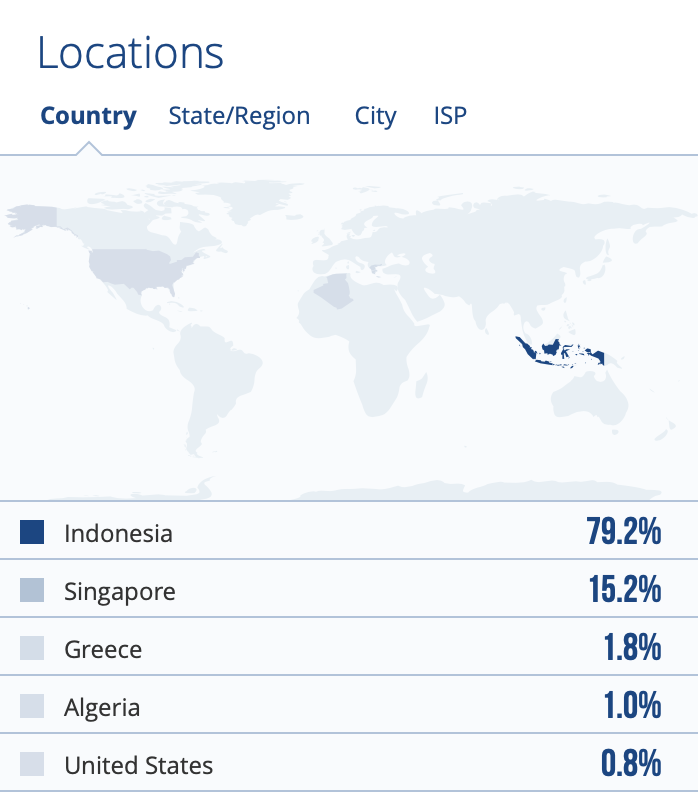ANALYZING TEACHERS’ STRATEGIES IN TEACHING READING COMPREHENSION
DOI:
https://doi.org/10.31980/eeal.v6i2.51Keywords:
Teacher’s Strategies, Teaching Reading ComprehensionAbstract
This study focuses on the teachers’ strategies in teaching reading comprehension. The objective of the research is to find out teachers’ strategies in teaching reading comprehension. To reach this objective, this study used qualitative method and case study design for investigating and analyzing the natural situation focused on teachers’ strategies. To collect the data, this study used participants who involved in this study were three teachers in one of senior high schools in Garut. The result showed that the teachers used different strategies in teaching reading comprehension. The strategies are memorizing, question and answer relationship, silent reading, game, discussion, and reading aloud. Hopefully, this study may portray a clear explanation for readers about teacher’s strategies in teaching reading comprehension.
References
Creswell, J. W. (2009). Educational Research (4th ed.). Pearson Education.
Fromkin, V., Rodman, R., & Hyams, N. (2011). An Introduction to Language (9th ed.). Wadsworth.
Nunan, D. (1990). Second Language Teaching and Learning.USA Hein Le&Heinle Publiser.
Stransser, & Swan, M. (1964). Teacher Strategies. British.
Rassaei, E. (2017). Effects of three forms of reading-based output activity on L2 vocabulary learning. Language Teaching Research, 76-95.
Shegar, C., Zhang, L. J., & Low, E. L. (2013). Effects of an input–output mapping practice task on EFL learners’ acquisition of two grammatical structures. System 41, 443-461.
Siska, W., Mukhaiyar., & Ratmanida. (2018). English teachers’ strategies in giving oral corrective feedback on students’ speaking performance. Proceedings of the sixth International Conference on English Language and Teaching (ICOELT-6), 158-168.
Truscott, J. (2007). The Effect of Error Correction on Learners’ Ability to Write Accurately. Journal of Second Language Writing, 16(4), 255-272.
Zhang & Rahimi. (2013). EFL learners' anxiety level and their beliefs about corrective feedback in oral communication classes.
Zhao, Y., Yi, Z., Gentekaki, E., Zhan, A., Al-Farraj, S. A., & Song, W. (2016). Utility of combining morphological characters, nuclear and mitochondrial genes: An attempt to resolve the conflicts of species identification for ciliated protists. Molecular Phylogenetics and Evolution, 94(February), 718-729.
Downloads
Published
How to Cite
Issue
Section
License
Copyright (c) 2024 English Education and Applied Linguistics Journal (EEAL Journal)

This work is licensed under a Creative Commons Attribution-NonCommercial-ShareAlike 4.0 International License.






